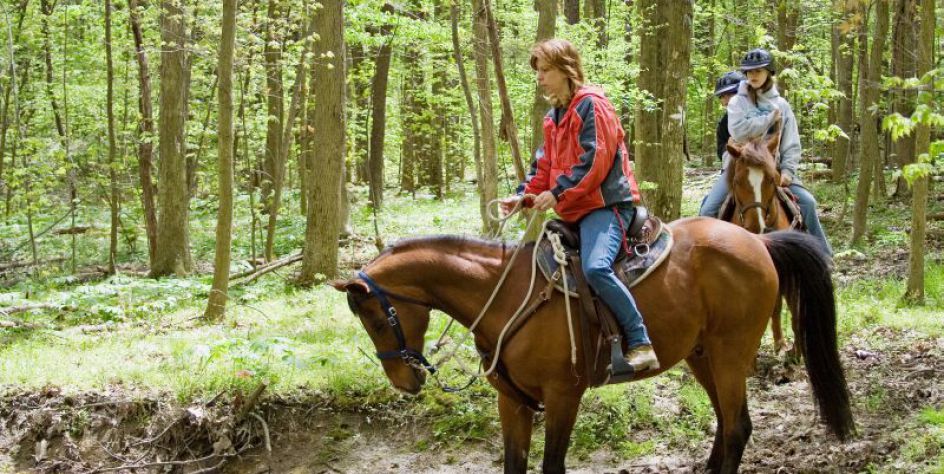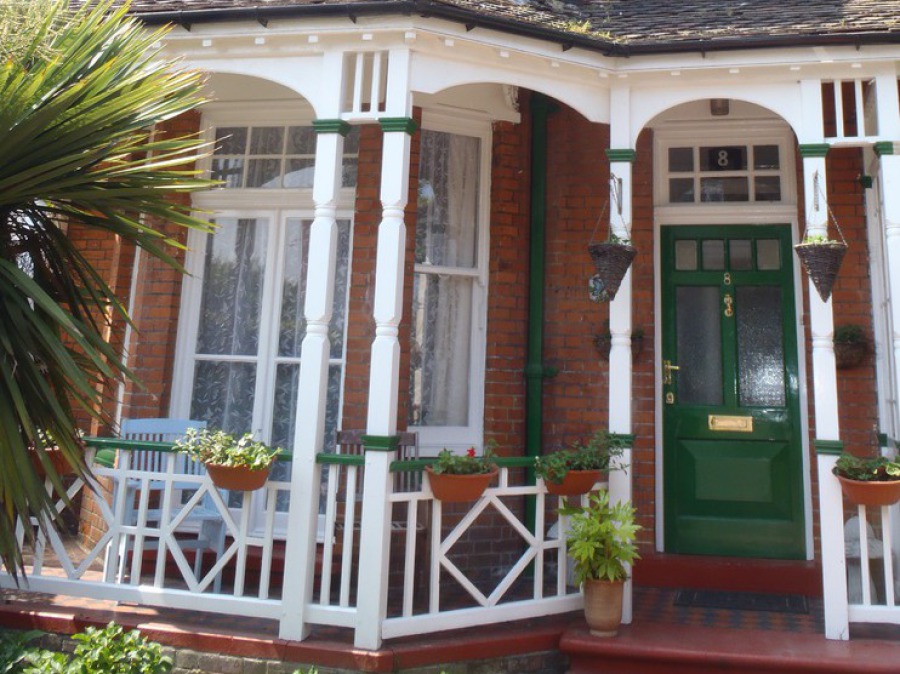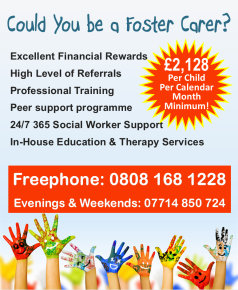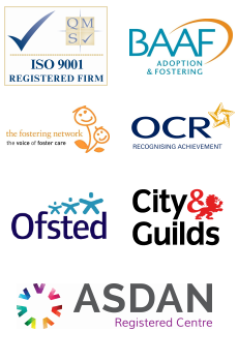Strathaven House
Social, Emotional and Behavioural Difficulties (Girls)
Strathaven House - A 'Good' Children's Home with 'Outstanding' Leadership and Management
What Ofsted Say:
"Since the last full inspection in March 2023, two children have moved out of the home in planned ways. One child asked if they could stay for the duration of the summer holidays before moving on. This was agreed by the child’s social worker. The registered manager planned lots of fun and exciting trips to support this positive ending. During one trip, while on a boat, the registered manager jumped fully clothed into the sea with the children. The child said, ‘Best memories ever!’
Before new children move in, staff speak to the children already living in the home to gain their views and opinions. One child said they would really like to live with younger children, as this supports their desired career in working with children. This child is now an appropriate role model for the younger children. One child said, ‘She is like a great big sister.’
Staff support children well to move out of this home. They listen to children and advocate for their views and wishes in important meetings. Staff appropriately reduce their support, with clear guidance and planning in place, to help children in taking measured independent steps. This sensitively supports children to ready themselves in leaving the home with key social and independence skills. One social worker said, ‘The child lived there for three years. They were able to build relationships with staff, attended mainstream school and complete their GCSEs.’
Staff and the registered manager are strong advocates for keeping children in their educational settings and help them to attend these provisions. When concerns arise, they meet with education professionals and social workers to make alternative arrangements and put additional support in place. This means the children make very good progress, especially from their starting points.
Staff support children to partake in meaningful activities and attend weekly clubs. Children gain valuable life lessons in learning to swim and staying safe when at the beach or spending time online. Staff individually tailor focused learning and workshops to support children’s differing ages and understanding. This means staff sensitively and appropriately expose children to risk in a researched and well-informed way.
Staff give a lot of thought and effort to celebrating children’s birthdays and cultural celebrations. When children leave, staff lovingly prepare memory books, host parties and invite significant people. This makes children feel valued and helps them to move on in a positive and memorable way."
Ofsted Inspection - March 2024 - Full report available by request
Residential Care
Strathaven House provides a nurturing and inviting environment for children that have emotional, behavioural and mild learning difficulties.
We ensure a safe environment in which children may explore past experiences emotionally and physically, with the care and support of dedicated staff and other professionals this enables the children to process and develop emotionally, hopefully coming to terms for their reasoning of being looked after outside the family environment.
The home has, for a number of years, provided care and support for girls exhibiting a wide range of emotional and behavioural issues which, subject to assessment, includes offending behaviour, sexual exploitation and associated risk taking behaviour, drug and alcohol misuse, absconding behaviour , potential mental health difficulties and mild to moderate learning difficulties. Strathaven House prides itself on its ethos of caring and looking after the children in a child centred manner and a broader thinking as to their care.
The home aims to provide a caring, nurturing ‘family’ environment. The staff team provide a parental approach to the children with rules and expectations similar to that of a traditional home.
To support developing relationships between the staff team and the children, the meeting of primary needs is paramount. Strong emphasis is put on the role of keyworkers within the home from these relationships the children experience adults who hold them in mind allowing them to grow, develop achieve and flourish.
The management and staff team understand that behaviour is s form of communication and recognise behaviour reflects the thoughts, feeling and needs of our children.
By developing strong relationships and trust, the children are supported to develop and understanding of their emotions and how to communicate and express their emotions and feeling in a healthier way.
The home has a ‘thinking’ culture from which the staff team are supported to develop and understanding of attachment theory through additional support sessions and how this can be put into practice.
Through the relationship staff aim to provide the children with a positive experience of adults and develop the children’s ability to move into adulthood with an experience of being cared about, looked after and kept safe.
Achievements for children will be as individual and diverse as they are and every child placed has different starting points from which to progress and develop within the home. For some children rehabilitation into a fostering environment may be a possible goal, for others a successful transition back to the family environment may be possible and for some older children, preparation planning and transition into independent accommodation may be a realistic achievement and success. The aim of the home is that the children feel happy, safe and able to maximise their potential.
Education
The home is directly affiliated to both our DfE registered, specialist SEMH schools: The Davenport Primary School and The Old Priory Secondary School.
The respective school and the home work in close partnership to ensure continuity in respect of learning support, achieving developmental goals and behaviour management.
The Davenport School (Key Stage 2: 7-11yrs) offers a differentiated curriculum in order to meet the individual learning needs of each young person. The school operates with small group settings where children are closely supported and supervised by a qualified teacher and learning support assistants.
The Old Priory School (Key Stages 3 & 4: 11 – 16yrs) offers the national curriculum allowing for GCSE study in essential subject areas, alongside alternative, differentiated curriculums, including ASDAN and City & Guilds NPTC vocational awards, both of which lead to nationally recognised qualifications.
Assessment & Therapy
Children and young people residing in our care have access to a range of assessment and therapy services including:
- Psychological Assessment
- Psychotherapy
- Systemic Therapy
- Cognitive Behavioural Therapy
- Speech & Language Therapy
- Equine Therapy
- Music Therapy
- Drama Therapy
- Art Therapy
- Play Therapy
All therapy referrals are overseen by the organisation’s dedicated Therapy Services Manager in consultation with the allocated social worker and other key stakeholders as appropriate.
Our assessment and therapy services are an inclusive element of our residential care provision and attract no additional funding requirement.
Health Support
In addition to our therapy services and panel of consultants, each of our homes have direct access to a health promotions worker and, in the event of any significant health concerns arising, oversight from a registered, dual diagnosis nurse. This ensures effective, professional guidance in respect of health profiling, together with the immediate and ongoing health needs of each individual child and young person placed in our care.






